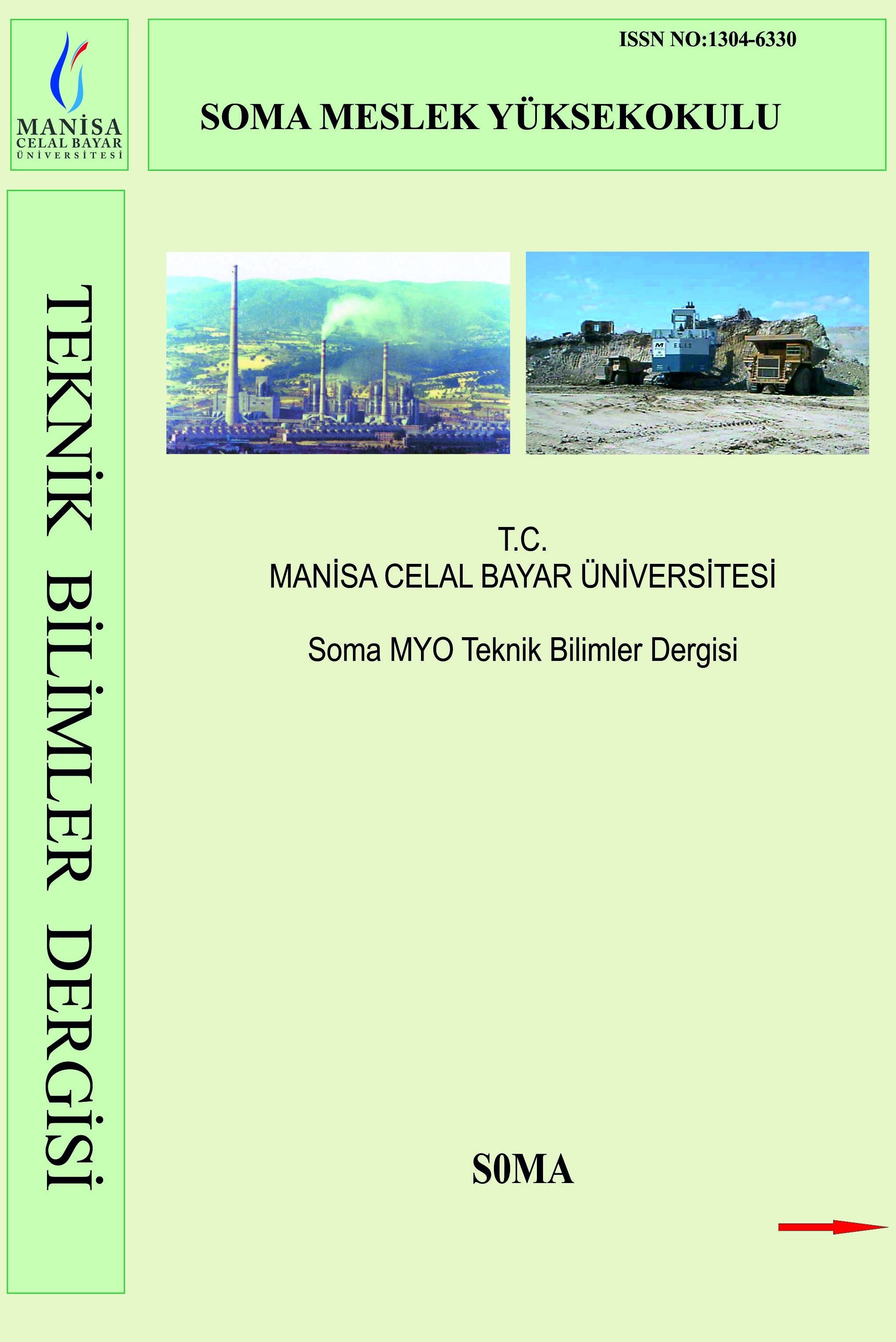TEK SERBESTLİK DERECELİ ROBOT İLE BALANCE MASTER TEST CİHAZINDA DENGE VE PERFORMANS ÖLÇÜMÜ
Balance Master, Denge ve postural kontrol, Tek eksenli robot
___
- [1]. Bauer, C., Groger, I., Rupprecht, R., & Gassmann, K. G. (2008). Intrasession reliability of force platform parameters in community-dwelling older adults. Arch Phys Med Rehabil, 89(10), 1977-1982. doi: 10.1016/j.apmr.2008.02.033
- [2]. Cavanagh, P., Derr, J., Ulbrecht, J., Maser, R., & Orchard, T. (1992). Problems with Gait and Posture in Neuropathic Patients with Insulin‐Dependent Diabetes Mellitus. Diabetic Medicine, 9(5), 469-474.
- [3]. Colnat-Coulbois, S., Gauchard, G., Maillard, L., Barroche, G., Vespignani, H., Auque, J., & Perrin, P. P. (2005). Bilateral subthalamic nucleus stimulation improves balance control in Parkinson’s disease. Journal of Neurology, Neurosurgery & Psychiatry, 76(6), 780-787.
- [4]. Dalakas, M. C. (1986). Chronic idiopathic ataxic neuropathy. Annals of neurology, 19(6), 545-554.
- [5]. Diener, H., Dichgans, J., Guschlbauer, B., & Mau, H. (1984). The significance of proprioception on postural stabilization as assessed by ischemia. Brain Res, 296(1), 103-109.
- [6]. Iqbal, K. (2011). Mechanisms and models of postural stability and control. Conf Proc IEEE Eng Med Biol Soc, 2011, 7837-7840. doi: 10.1109/iembs.2011.6091931
- [7]. Jacobs, J., Horak, F. B., Tran, V., & Nutt, J. (2006). Multiple balance tests improve the assessment of postural stability in subjects with Parkinson’s disease. Journal of Neurology, Neurosurgery & Psychiatry, 77(3), 322-326.
- [8]. Jacobs, J. V., & Horak, F. B. (2007). Cortical control of postural responses. Journal of neural transmission (Vienna, Austria : 1996), 114(10), 1339-1348. doi: 10.1007/s00702-007-0657-0
- [9]. Konrad, H. R., Girardi, M., & Helfert, R. (1999). Balance and aging. Laryngoscope, 109(9), 1454-1460. doi: 10.1097/00005537-199909000-00019
- [10]. Mergner, T. (2007). Modeling sensorimotor control of human upright stance. Prog Brain Res, 165, 283-297. doi: 10.1016/s0079-6123(06)65018-8
- [11]. Moore, S. T., MacDougall, H. G., Gracies, J.-M., Cohen, H. S., & Ondo, W. G. (2007). Long-term monitoring of gait in Parkinson's disease. Gait Posture, 26(2), 200-207.
- [12]. Pickerill, M. L., & Harter, R. A. (2011). Validity and Reliability of Limits-of-Stability Testing: A Comparison of 2 Postural Stability Evaluation Devices. J Athl Train, 46(6), 600-606.
- [13]. Reid, V., Adbulhadi, H., Black, K., Kerrigan, C., & Cros, D. (2002). Using posturography to detect unsteadiness in 13 patients with peripheral neuropathy: a pilot study. Neurology & clinical neurophysiology: NCN, 2002(4), 2-8.
- ISSN: 1304-6330
- Başlangıç: 2004
- Yayıncı: Celal Bayar Üniversitesi
SOĞUK HADDELENMİŞ TİCARİ ALÜMİNYUM LEVHALARIN YORULMA DAYANIMLARININ YAPAY SİNİR AĞLARI İLE TAHMİNİ
Raif SAKİN, Ayla TEKİN, Nurcan KUMRU
FENOLİK BİLEŞİKLERİN ENKAPSÜLASYONU
Eylem ATAK, Esma YILDIZ, Mehmet Emin USLU
KABLO TERMİNAL ÇIKARMA APARATLARININ İLERİ TEKNOLOJİLER İLE YERLİ ÜRETİMİ
İsmet ÇELİK, Bünyamin KAYA, Çağatay ÜSTÜNDAĞ
TEK SERBESTLİK DERECELİ ROBOT İLE BALANCE MASTER TEST CİHAZINDA DENGE VE PERFORMANS ÖLÇÜMÜ
Tolga OLCAY, Ata ELVAN, Cihan DAYANGAÇ, Ahmet ÖZKURT, İbrahim Engin ŞİMŞEK
AA2024 ALÜMİNYUM ALAŞIMINDA BİLYELİ DÖVME İŞLEMİNİN TANE BOYUTUNA ETKİSİ
Zehra ALKAN, Remzi VAROL, Ramazan SELVER
ISI EŞANJÖRÜ ISIL TASARIM METODOLOJİSİNİN TEMELLERİ
AKYAKA (MUĞLA) VE YAKIN DOLAYINDAKİ FAYLARIN DEPREMSELLİK BAKIMINDAN İNCELENMESİ
